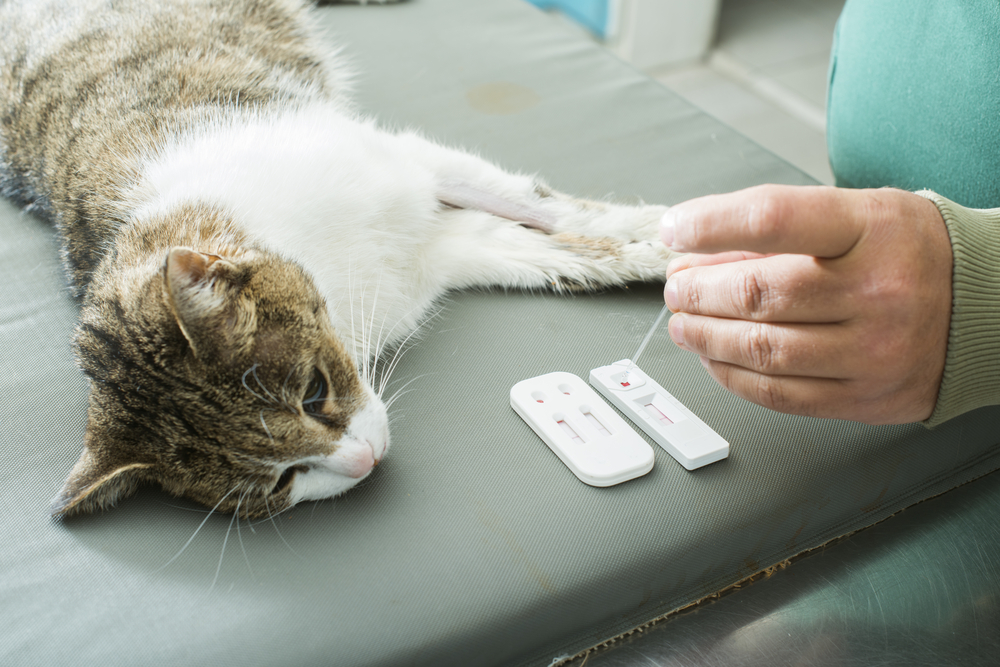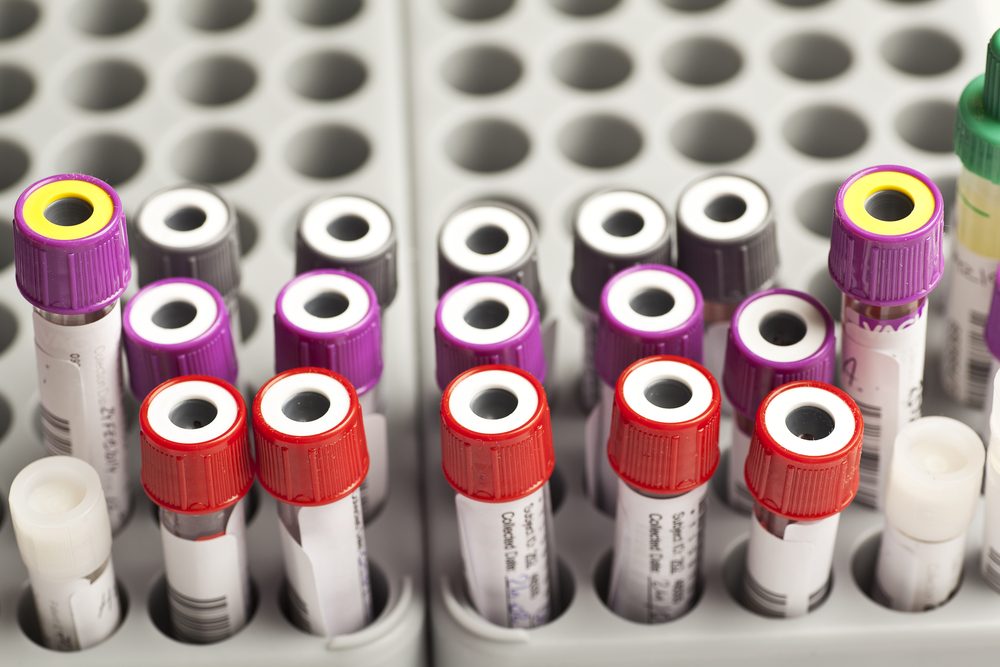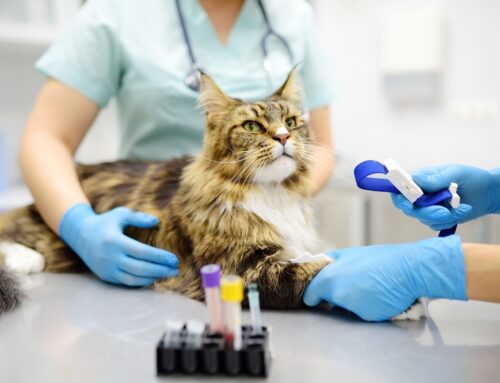The Importance of Annual Bloodwork for Early Disease Detection in Pets
Why Routine Bloodwork is Essential for Your Pet’s Health
Annual bloodwork is one of the most effective ways to detect diseases early, monitor ongoing health conditions, and ensure your pet’s overall well-being. Many illnesses, such as kidney disease, diabetes, liver dysfunction, and thyroid imbalances, develop gradually with few or no outward symptoms until they reach an advanced stage.
At Oliver Animal Hospital in Austin, TX, we emphasize the importance of preventative veterinary care, including routine blood testing, to identify potential health issues before they become serious.
What Can Bloodwork Reveal About Your Pet’s Health?
Blood tests provide critical insights into your pet’s internal health. A Complete Blood Count (CBC) and Chemistry Panel are the most common tests performed during routine check-ups.
Complete Blood Count (CBC)
A CBC evaluates red blood cells, white blood cells, and platelets to detect signs of:
- Anemia (low red blood cells, which can indicate chronic disease, parasites, or internal bleeding)
- Infections (elevated white blood cells may suggest bacterial or viral infections)
- Clotting disorders (low platelets can indicate a risk of excessive bleeding)
Blood Chemistry Panel
This test provides valuable information about organ function and metabolic health:
- Kidney function: Elevated blood urea nitrogen (BUN) and creatinine levels may indicate kidney disease.
- Liver health: High liver enzymes can point to inflammation, infections, or liver failure.
- Blood sugar levels: High glucose levels could signal diabetes, while low glucose may indicate liver disease or an insulin-related disorder.
- Electrolyte imbalances: Changes in sodium, potassium, and calcium can affect hydration, heart function, and nervous system health.
Thyroid Function Testing
For senior pets, a thyroid panel is crucial in detecting hypothyroidism (common in dogs) or hyperthyroidism (common in cats), both of which can cause weight changes, lethargy, and behavioral shifts. Learn more about feline hyperthyroidism and its diagnosis from the AAHA Feline Hyperthyroidism Guidelines.
For a comprehensive overview of different veterinary medical tests, refer to the Merck Veterinary Manual.
Why Annual Bloodwork is Critical for Early Disease Detection
1. Detecting Diseases Before Symptoms Appear
Pets are masters at hiding illness, and by the time symptoms become noticeable, the disease may have already progressed. Bloodwork helps identify subtle changes that indicate early-stage conditions, allowing for timely intervention and better treatment outcomes.
2. Establishing a Health Baseline
Routine blood testing establishes a normal baseline for your pet’s health, making it easier to detect abnormalities in future tests. Each pet is unique, and what’s normal for one may not be for another.
3. Monitoring Senior Pets and Chronic Conditions
Senior pets are more vulnerable to kidney disease, liver disease, diabetes, and cancer. Preventive screening helps catch age-related illnesses early, improving quality of life. Learn more about the importance of preventive testing for senior pets from Zoetis Petcare.
For an in-depth look at recognizing senior pet health problems, check out AAHA’s guide to senior pet health.
When Should Your Pet Have Bloodwork Done?
1. During Annual Wellness Exams
Every pet should have bloodwork done at least once a year, even if they appear healthy. Learn why regular veterinary visits are crucial for your pet’s overall well-being from AAHA.
2. Before Surgery or Anesthesia
Pre-anesthetic blood testing is essential before any surgical procedure. It ensures your pet’s liver and kidneys can safely process anesthesia and detects hidden conditions that could pose risks.
3. If Your Pet Shows Unexplained Symptoms
If your pet exhibits any of the following signs, bloodwork can help uncover the underlying cause:
- Lethargy or decreased activity
- Weight loss or gain
- Increased thirst or urination
- Vomiting or diarrhea
- Changes in appetite or behavior
4. For Pets on Long-Term Medications
Certain medications, such as those for arthritis or seizures, can affect kidney and liver function over time. Routine blood testing ensures these organs remain healthy while on medication.
What Happens If an Issue is Detected?
If your pet’s bloodwork shows abnormalities, further diagnostic tests may be recommended, including:
- Urinalysis to assess kidney function and detect infections
- Ultrasounds or X-rays to examine organ health
- Specialized hormone testing for endocrine disorders
Early detection allows for lifestyle changes, medications, or dietary adjustments that can slow disease progression and improve your pet’s quality of life.
How to Prepare Your Pet for a Blood Test
1. Fasting May Be Required
For more accurate results, some blood tests require fasting for 6-12 hours before the appointment. Always check with your veterinarian for specific instructions.

2. Keep Your Pet Hydrated
Proper hydration helps make blood draws easier and ensures accurate test results.
3. Reduce Stress Before the Appointment
For anxious pets, consider:
- Bringing their favorite toy or blanket
- Using calming treats or pheromone sprays
- Scheduling an early morning appointment when the clinic is quieter
Annual Bloodwork: A Small Step for a Longer, Healthier Life
At Oliver Animal Hospital, we believe preventive care is the key to a longer, healthier life for your pet. Annual bloodwork is a simple yet powerful tool in detecting diseases early, monitoring health trends, and ensuring the best quality of life for your furry companion.
Schedule your pet’s wellness exam today: Contact Us
Meet our veterinary team: Our Team







Leave A Comment